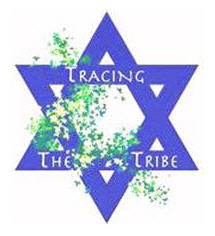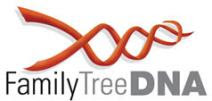If the plague deaths were lower among Jews, this would have been enough evidence for many townspeople to believe the Jewish community had caused the plague. However, new research has shown that some Jewish communities have been found to have genetic protection against the illness.
This recently discovered genetic protection will be just one of the topics to be presented by Dr. Edmund C. Tramont at the next meeting of the Jewish Genealogical Society of Greater Washington DC, at 1.30pm, Sunday, January 25.
The program will also address the influenza pandemic of 1917-18 and its impact on Jewish communities as well as additional historical pandemics throughout the Jewish world. The venue is Bnai Israel in Rockville, Maryland.
Tramont is associate director for special projects at the National Institute of Allergy and Infectious Diseases.
He will devote much of his talk to recent research which indicates that an unusually large percentage of Ashkenazi Jewish communities have(and in the past had) genetic protection against the plague. He will also discuss the Influenza Pandemic of 1917-18 and its impact on Jewish communities. A Q&A will allow participants to explore both subjects with the speaker.
In discussing the fact that the plague of the 13th-17th centuries had less impact on Jewish communities than on others, Tramont will discuss new data showing a genetic trait that strongly appears to have protected many European Jews from the plague pandemics of those times.
He will trace how this trait was discovered (from research related to HIV infection), how it works, and how it was recently connected to protection from the plague but found to increase mortality from West Nile virus. He will also share his thoughts on how this greater resistance to the plague might have influenced Jewish history.
A well-known pandemics expert, Tramont was director of the Division of Aids at NIH for many years before taking up his current position.
The meeting is free to members; others, $5. B'nai Israel is located at 6301 Montrose Road, Rockville, MD 20852. For more details, click here.





































No comments:
Post a Comment